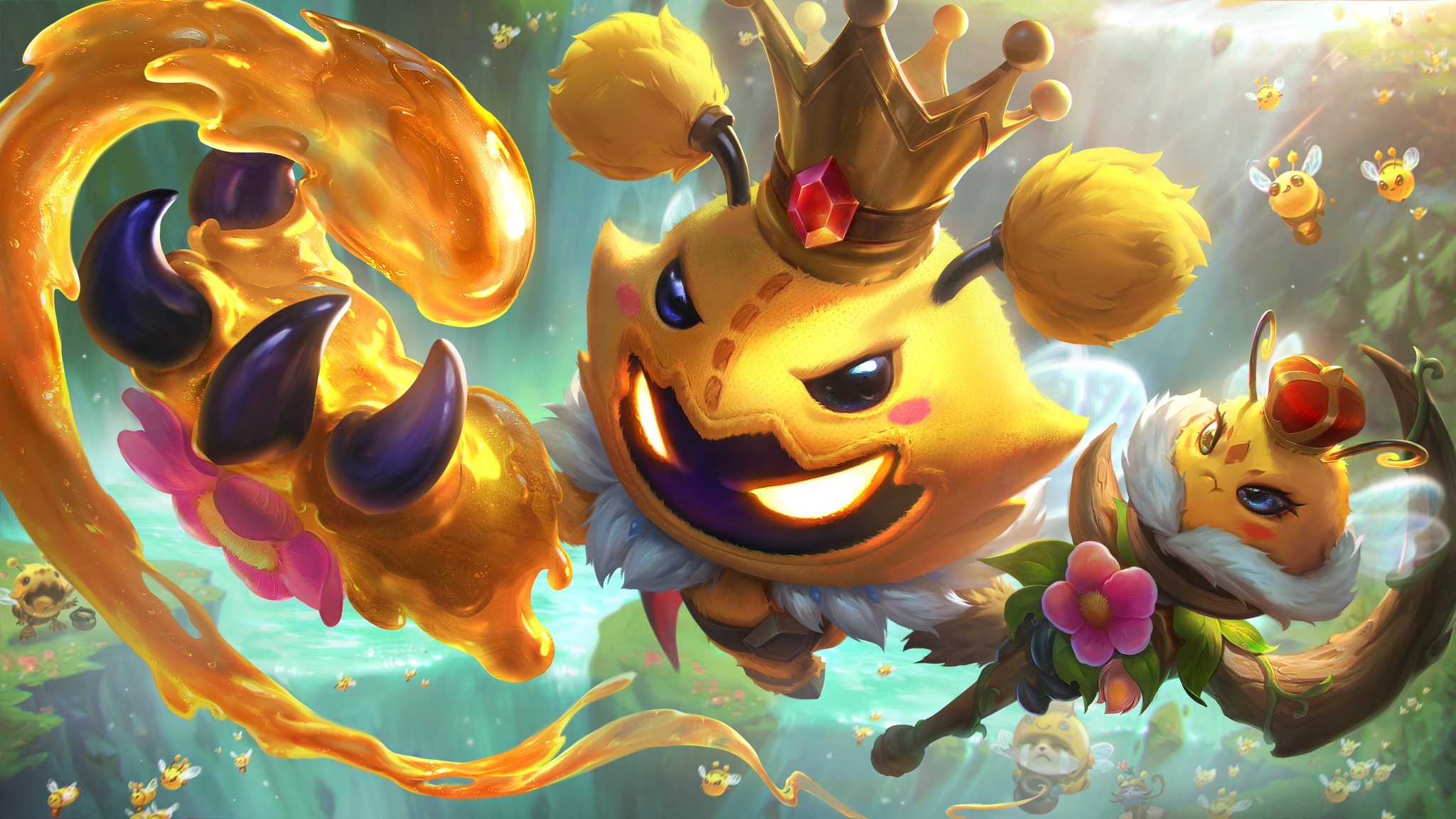
Sci&Tech Editor Sophie Webb discusses the worker’s rights movement occurring on the eSports scene
People may consider the act of playing video games, competitively or otherwise, to be purely a leisure activity, akin to reading or watching TV. Yet, as early as 1980, the US-wide Space Invaders competition attracted 10,000 participants. Throughout the 1990s and 2000s, different genres of large-scale competitive gaming emerged, including first-person shooters such as Call of Duty, and multiplayer fight games such as Mortal Kombat. This transformation from no-stakes fun to serious competition brought about the term ‘esports’, with the evocation of ‘sport’ probably intended to re-introduce gaming as a potentially demanding and impressive skill.
“Throughout the 1990s and 2000s, different genres of large-scale competitive gaming emerged
The most-watched esports event of all time, the Free Fire World Series 2021, reported 5.41 million viewers. That same year, 234 million people were thought to watch events ‘regularly’. In 2024, the magazine Esports Insider advertises the year’s anticipated list of major tournaments and events in the esports world – there are too many to count. Naturally, this heightened interest translates into monetary wealth, with the total market value of the industry estimated at 1 billion dollars in 2021; this is projected to reach 1.62 billion this year. Esports players can earn big money via several different means: winning competition prize pools, receiving donations from viewers watching livestreams of events, selling merchandise and gaining support from sponsors. Given that people are able to make a living as esports competitors, gaming becomes further separated from the notion of ‘leisure activity’ and moves closer to resembling a form of work.

This transition has already proven challenging, as pro gamers find themselves with work-related rights to protect. In 2023, the League of Legends Championship Series Players’ Association (LCSPA) voted to walkout in response to Riot Games (League of Legends’ developer) divesting from the game’s second-tier development league, ‘leaving as many as 70 players, coaches and managers out of jobs’. While walkouts are commonplace as part of contractual bargaining in traditional sports, this vote marked the first time that esports players organised to do the same. As the esports industry expands and the players themselves grow in numbers and influence, this may well mark the start of an era of collective action to ensure protections against harm in the workplace.
“Failure to recognise the need for workers’ rights in different forms may leave esports players particularly vulnerable
Is there a need for pro gamers to establish unions and associations to protect their interests, such as the LCSPA? If you perceive today’s esports competitors as investing a level of time and energy into gaming which would match any other job, while earning a wage to do so, then there is no reason to regard them as any less deserving of job security, fair payment, suitable working conditions and other workplace protections. Gaming’s historical recognition as a leisure activity and nothing more may prevent onlookers from encouraging organisation and collective action – from their perspective, esports competitors are playing video games for fun, as opposed to working. This failure to recognise the need for workers’ rights in different forms may leave esports players particularly vulnerable.

“This oversight reflects the difficulty many have with recognising work which is gaming-adjacent as serious work
This need to have work recognised as such extends beyond esports, and across the gaming industry as a whole. Game development studios, including Riot Games themselves, have seen staff walkouts due to ‘toxic work environments’, while the Communications Workers of America won the right to represent a group of employees from Raven Software in 2022. The esports industry is yet to see a major push for unionisation, beyond League of Legends and Counter Strike. Unionised gaming voice actors expressed discontent with a deal negotiated by SAG-AFTRA which did not exclude the possibility of AI use in voice-over work. SAG-AFTRA represents performers across the arts and not video game voice artists alone – perhaps this oversight reflects the difficulty many have with recognising work which is gaming-adjacent as serious work, on account of gaming’s origins as a leisure activity.
Regardless of anyone’s opinion on what constitutes sport and what does not, one consequence of the esports industry’s seemingly endless expansion is the increasing likelihood that pro gamers will have the capacity to organise in large numbers, and cultivate the influence needed to ensure that fair working conditions are protected.
Read more gaming opinions here:
The Little Garden: Why Life Simulation Games Are So Appealing
Comments